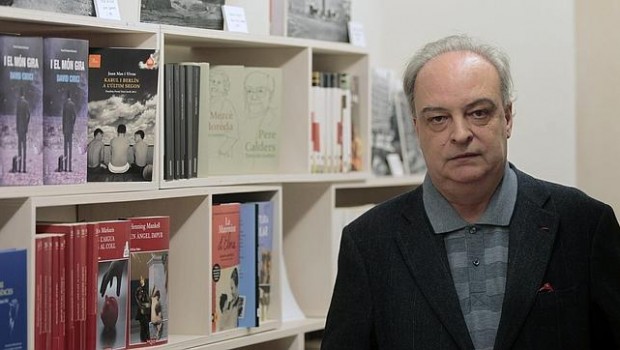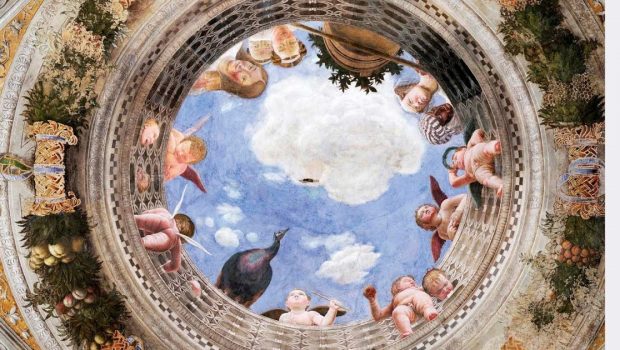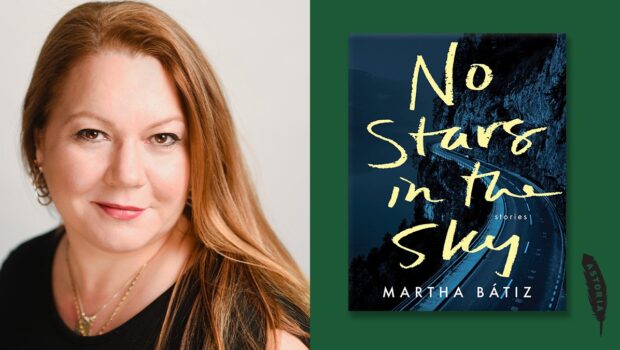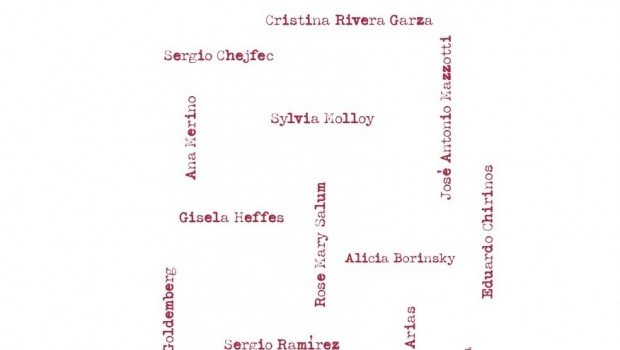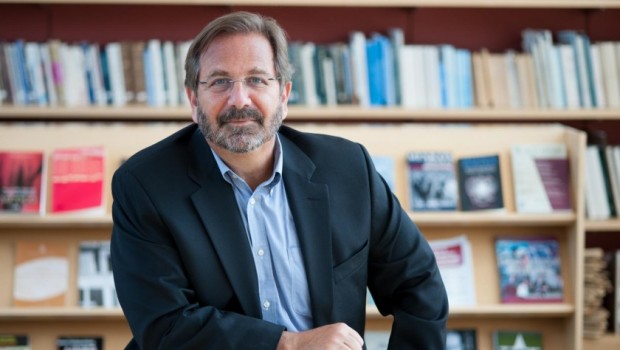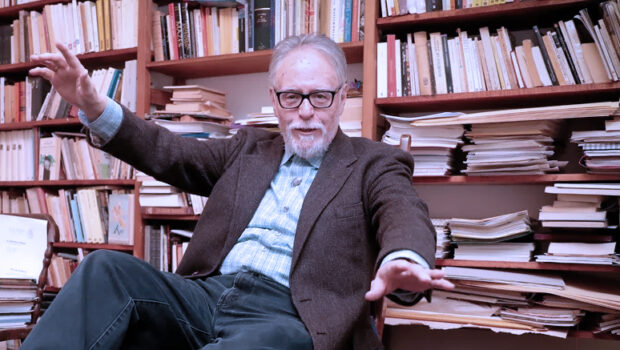Midnight in Mexico
David D. Medina
Midnight in Mexico: A Reporter’s Journey Through A Country’s Descent into Darkness
By Alfredo Corchado
In Mexico, where the drug cartels are so powerful and pervasive, no one is immune to a death threat, not even an American journalist. Alfredo Corchado, the Mexico bureau chief of the Dallas Morning News, found that out one night in July 2007 when he received a phone call from a U.S. investigator saying there was a good chance his name was on a hit list.
Thus begins “Midnight in Mexico,” a gripping tale that confirms every fear of the brutal and barbaric world of narcos. As Corchado proceeds to find out if the threat is real and who issued it, he takes us into the heart of darkness of a country where, according to the book, every functioning institution, including the office of the drug czar, has been infiltrated by the cartels.
The cartels have also silenced the Mexican media through threats, killing and outright bombings, much the same way a dictatorship imposes a state of silence through fear. Corchado, however, refuses to be quiet. Winner of the Elijah Parish Lovejoy Award for courageous journalism, he has reported on the major issues that have shaped Mexico in the last 20 years: NAFTA, the historic win of the PAN, and the cartels and their violence.
Like most journalists, Corchado is always chasing the next big story. For Corchado, though, reporting in Mexico carries a personal note, which makes this book so heartfelt. He was born in Mexico, educated in the United States, and returned to his beloved country to try to make sense of what is happening there. “This book, ‘Midnight in Mexico,’ is about searching for a flickering light during the darkest night and believing in the promise of a new day,” Corchado writes. Hope is what drives Corchado, almost to the point of being quixotic. He hopes that by exposing the deep-rooted problems of Mexico, some answers will appear.
Time and again he is deeply disappointed but never gives up. Each president—Carlos Salinas de Gortari, Ernesto Zedillo, Vicente Fox, and Felipe Calderon—offered a new vision for the country, only to have that vision shattered by economic collapse, endemic corruption, and violence. Corchado provides an excellent history of each of these administrations and how their failures prepared the cartels to take hold of the country. With a weak government and the economy in shambles, the cartels flourished by giving jobs to the poor.
As paranoia sets in, Corchado races through Mexico to find out who is trying to kill him. Along the way he encounters an array of seedy and colorful characters: Dante, the “devil” lawyer who represents drug traffickers; La Paisana, a Mexican smuggler turned informant; a U.S. informant who is tracking a deadly narco; and an owner of a Nuevo Laredo newspaper that was bombed.
Corchado also introduces us to his immediate family and his girlfriend, a TV reporter who also covers the drug violence. He narrates how he was born in a small town in the state of Durango, moved to California, where he worked as a migrant farm worker and dropped out of high school but eventually graduated from college.
In spite of covering some of the biggest slaughters in Mexico, Corchado retains a sensitive side. Interspersed in the book is the story of his mother and father’s longing to return to a safe Mexico. Corchado reveals a tragedy that affected the whole family and explains how he tries to come to terms with that painful memory. Before he started the book, Corchado said he would pour every bit of his soul into the pages. He did. The pages are filled with courage and hope that a new dawn still awaits Mexico.
Posted: December 8, 2014 at 7:01 am



